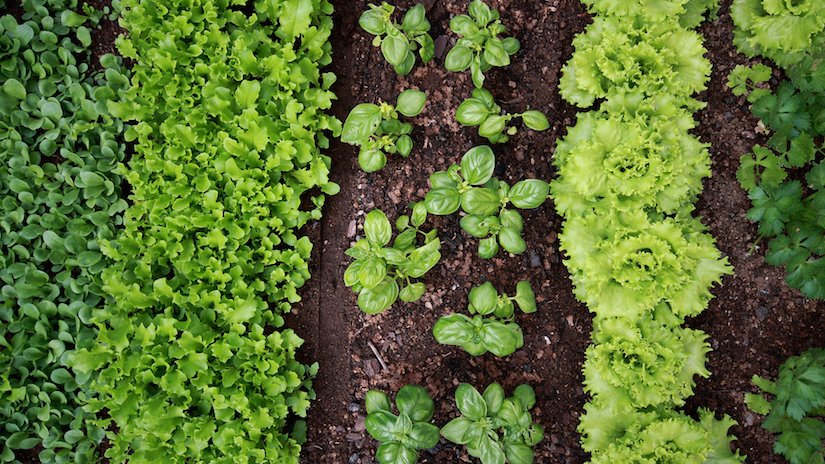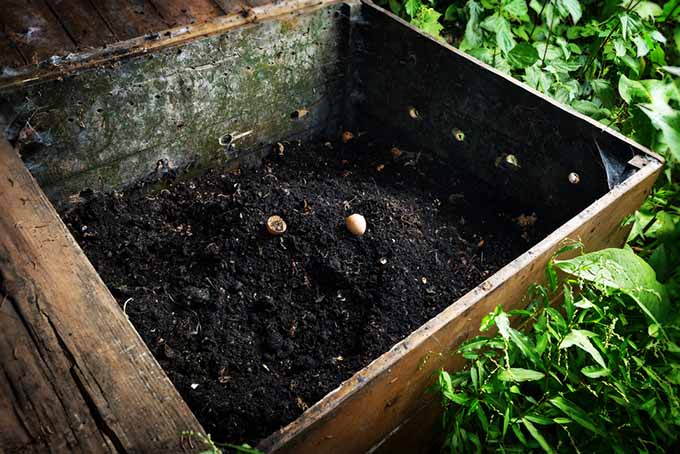Reasons For Organic Gardening
If you love to garden, you may already be aware of some of the value of fresh vegetables. However, there are many advantages that you might not have considered. That’s especially true if you garden using natural, organic methods and not pesticides.
One reason that organic gardening might be right for you is that such vegetables are much healthier to eat. Vegetables bought at the store are often grown with chemicals that our bodies simply do not need. Although such foods are regulated and deemed safe by the government, why not have complete control over what you eat by growing your own?
Another good reason to grow organic foods is to save money. Yes, you’ll have to buy the seeds or plants, but you’ll have fresh vegetables each season right outside your door, or even in your house if you choose to grow them indoors. So, they’ll pay …
Reasons For Organic Gardening Read More


